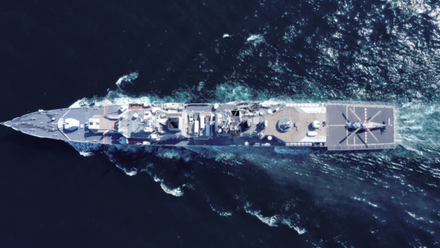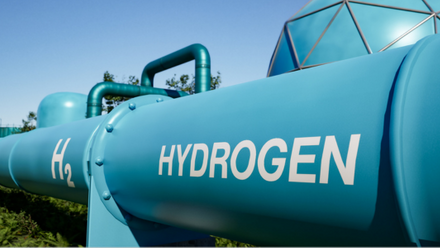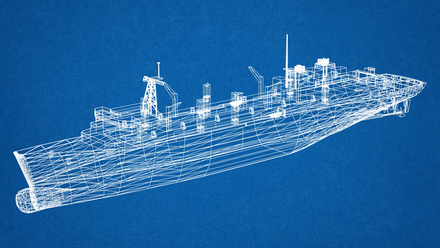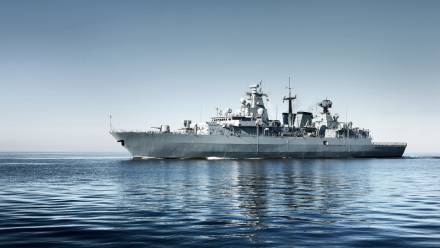Nuclear submarine programme set to go ahead
A US adviser recently stated the AUKUS project should not be cancelled in a paper, while President Trump seemingly backs the initiative.
While the AUKUS project – a multi-billion-dollar submarine deal between Australia, the UK and the US – looks set to proceed, officials have acknowledged that there are a number of challenges to tackle, not least whether it passes the “America First" test despite the US President’s recent proclamation that the deal is still going ahead.
A review of AUKUS has resulted in the current presidential administration reportedly confirming its largely unchanged continuation. This means that the sale of three Virginia-class SSNs to Australia is still on track for 2032.
The review comes in the wake of a request into an enquiry into its challenges and future. Former Senior Advisor to the Secretary of Defence for AUKUS, Abraham Denmark, co-published a paper with former State Department official, Charles Edel, that argued the case for a thorough review of AUKUS by the current presidential administration.
The paper raised the issues connected with the project, including sluggish US submarine production rates and the high costs of $240 billion that Australia will need to pay over more than 30 years. Other issues raised were the lack of skilled labour for submarine production, and administrative issues such as slow progress with AUKUS visas for those involved.
Led by Elbridge Colby, Pentagon Under Secretary of Defense for Policy, the review included evidence from the Royal United Services Institute's Dr Sidharth Kaushal. He spotlighted the short-term “real geopolitical trade-offs that the pact, and meeting its terms, entails. Getting past that short-term period of uncertainty will be absolutely critical”.
Potential conflicts highlighted
The review raised issues with regards to the individual countries' own respective interests. For instance, the question of whether the diversion of submarines to Australia would compromise the US Navy's interests. Colby had argued that the submarines are a vital asset in deterring potential threats.
A further concern is the time frame. Australian analysts have warned that delivery is by no means a guaranteed deal, with financial questions again being raised. In order to sustain the AUKUS project, they claimed that Canberra may have to increase defence spending, possibly to 5% of GDP, which will also be needed to support “wider US basing and sustainment arrangements”.
Despite the issues and questions that have been raised, AUKUS is still set to proceed. The planned timetable will see the US transfer three to five boats to Australia by the beginning of the next decade, with SSN-AUKUS boats constructed to the same specifications as the Royal Navy.
With UK assistance, the SSN-AUKUS boats will be built in Adelaide, with the reactors to be made in Derby by Rolls-Royce. The first SSN-A is set for delivery to the Royal Navy by the end of the 2030s, with Australian-built units due to follow suit by the 2040s.
As Denmark and Edel's original paper said, AUKUS would "boost the United States' defence industrial base, strengthen its closest allies, send a powerful deterrent message to Beijing, and help stabilise the (Indo-Pacific) region”.
Tell us what you think about this article by joining the discussion on IMarEST Connect.
Image: UK, US and Australian flags. Credit: Shutterstock.





